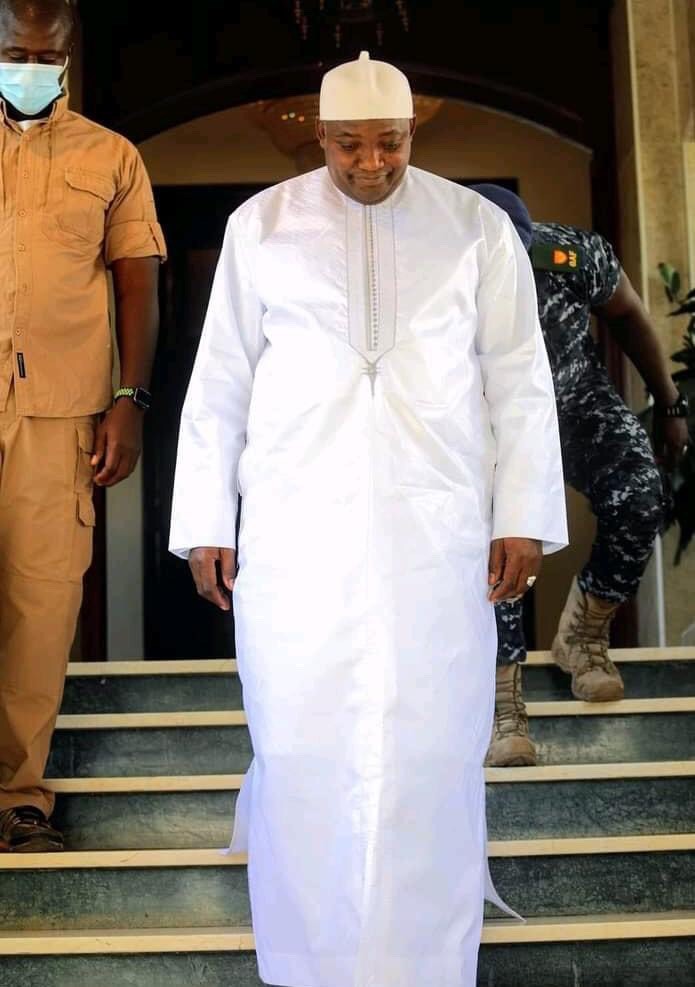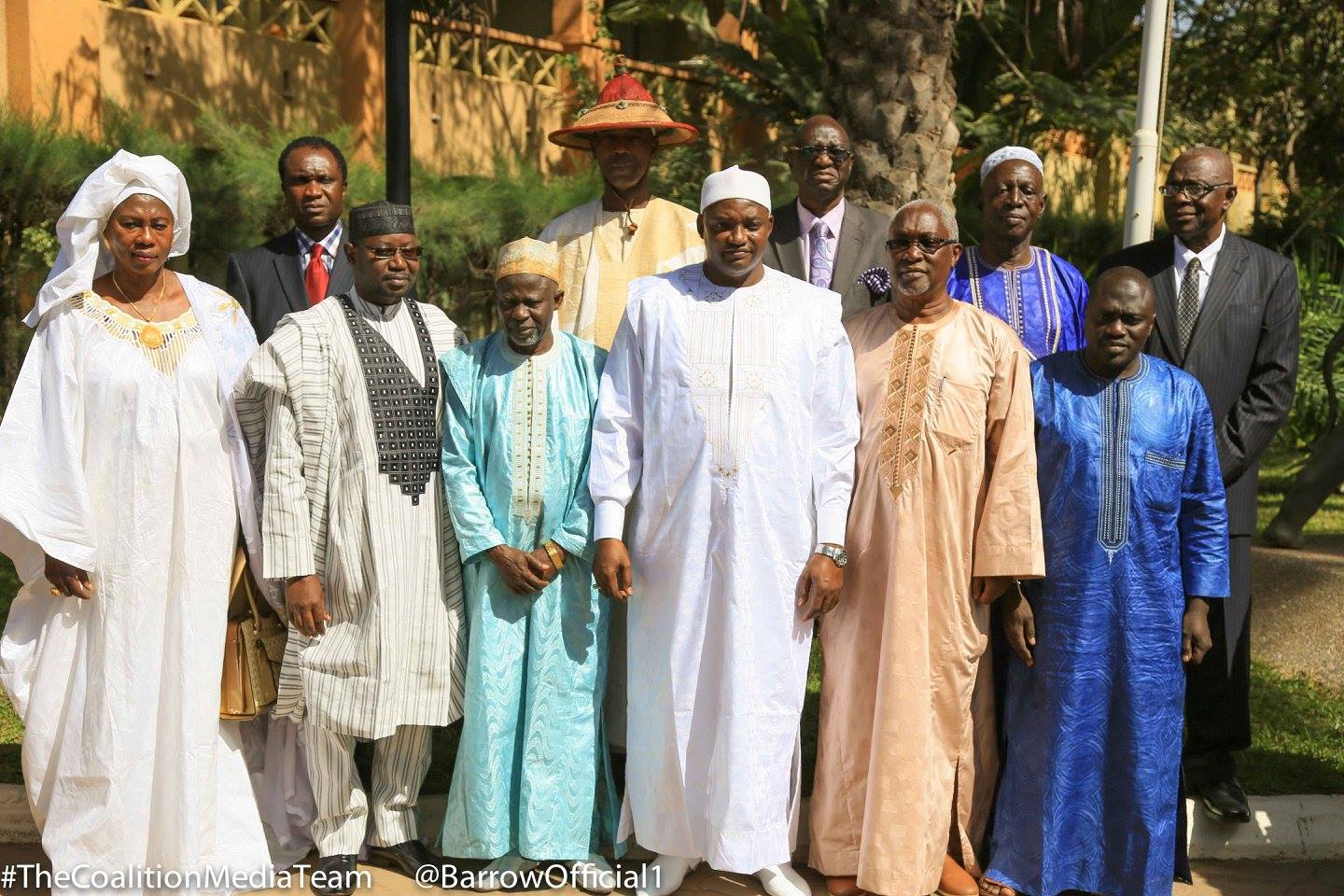Food prices across the country are soaring as the country goes through its worst economic crisis in the month of Ramadan under President Adama Barrow led government.
Many Muslim families in the country are struggling to afford iftar, the evening meal which breaks the daily fast during the holy month of Ramadan, as food prices soar amid the country’s wors in Ramadan.
“Prices are insane and they have gone up even more during Ramadan … everything in this supermarket cost two times more this year,” Serrekunda resident Haddy Touray told The Voice.
“What do we do? Do we beg? We are not used to begging.”
The Voice, reporting from Westfield, observed that “for thousands of people in Greatest Banjul, food is becoming a luxury”.
She said that while Ramadan is an important event for Muslims, there were “few signs” marking the occasion in many Kanifing neighbourhoods.
“Gone are the lights, decorations and the vending stalls with traditional drinks that are staples on an iftar table.”
Gambia’s economy and currency under President Adama Barrow have been in free-fall, reducing people’s purchasing power.
The Gambia dalasi has dropped against major currencies under the government, and later in the month, it fell to an serious level. The currency has lost about 90 percent of its value since late 2019.
“Those who used to buy a kilo of vegetables are now buying half, while others buy by piece … some just walk away after knowing the prices,” Binta, a vegetable seller, said.
‘Prices have soared’
A month of iftar meals for a family of five is now estimated to cost two and a half times the minimum wage which is worth GMD 1,500.
Gambia imports most of its food and there have been shortages as official source told The Voice that the government is running out of dollars.
“Our salary hasn’t changed but the prices have soared,” Mr. Jatta a teacher said.
Despite wheat being subsidised by the government, the price of rice has also increased.
Buying a single bag of rice, a month costs more than 40 percent of the minimum wage.
Charities have had to expand their efforts to help those in need, as unemployment in the nation of two million people rises.




